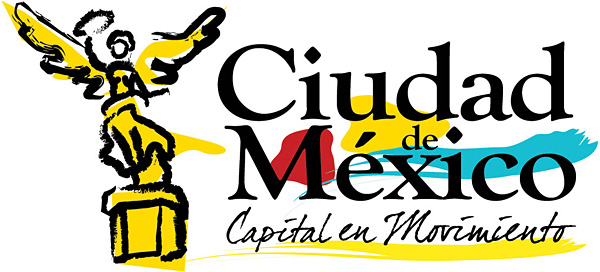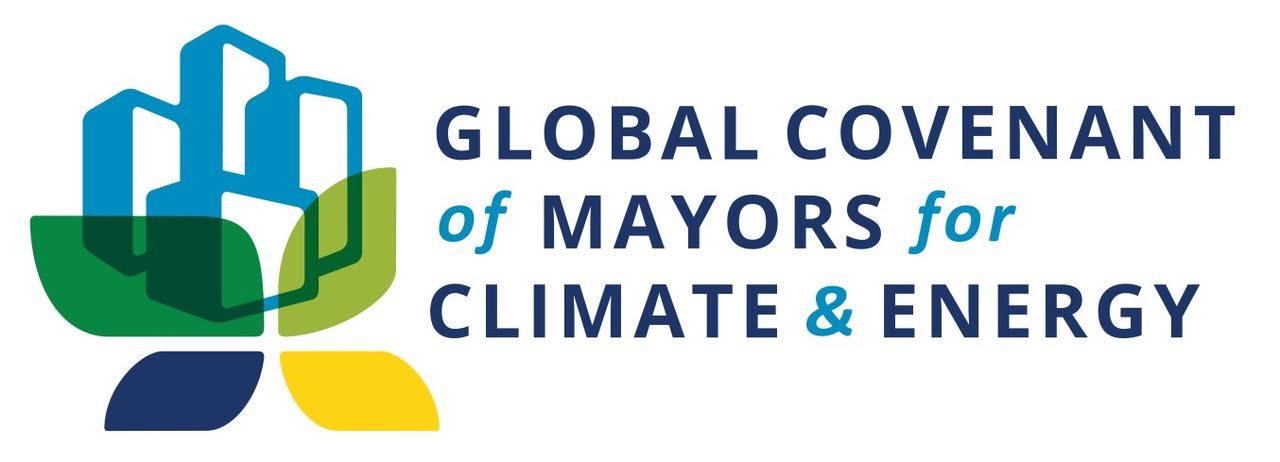- Home
- Reporting entities
- Autonomous Municipal Government of La Paz
Autonomous Municipal Government of La Paz
Bolivia Mayor: Hernán Iván Arias Durán-
Population 877363

-
Area 472.0km 2
-
GDP 26 ThousandEUR
-
Targets by N/A N/Aemission
Targets by Autonomous Municipal Government of La Paz
There are no targets yet
- Start year: 2012
- Type: Assessment/Research
- Status: In operation
The objective is to quantify energy and water consumption
to encourage good habits among the public in general that
put those resources to proper and rational use. To provide
the program with an extended reach in the Latin American
context, La Paz, Quito, and Lima will participate. Noteworthy
actions include carbon and water footprint evaluations
for all three cities; local- and regional-level climate change
adaptation and mitigation actions identification, prioritization
and implementation; and promoting coordination and
participation among the three local governments, the business
sector and society at large with regard to their joint
adaptation and mitigation actions.
Participating organizations: Consultora Servicios Ambientales,
Corporación Andina de Fomento, Climate and Development
Knowledge Network (CDKN)
- Other Emissions

- Start year: 2012
- Type: Education/Awareness Raising
- Status: Completed
Earth Hour is an international event sponsored since 2008
by the World Wildlife Fund that calls for voluntary one-hour
blackouts the third Saturday in March, designed to raise societal
awareness about the need to reduce or minimize energy
consumption. The La Paz local government organized a
march to support the campaign on 31 March 2012 that attracted
participation on the part of 5000 city residents. The
city’s historical monuments and landmarks were switched
off as well, leading to a 26-circuit public-lighting shut-off.
Participating organiztions: WWF
- Buildings

- Start year: 2004
- Type: Education/Awareness Raising
- Status: Completed
The San Juan campaign sought to increase awareness
among neighborhood communities with regard to the importance
of avoiding bonfires, brush and clearing fires annually
on the night of 23 July, given that smoke quantities
then generated gives rise to poor visibility and elevates CO2
and other gaseous concentrations depending on the material
used to fuel the bonfires (in some cases tires). After
nine years of intense work and constant campaigning, in
2012, below-allowable-limit concentrations were registered
at four of La Paz’s five air quality monitoring stations for the
first time.
- Waste

- Start year: 2012
- Type: Technical/Infrastructure investment
- Status: Completed
This project seeks to develop low-cost clean energy to reduce
toxic gas emissions and fossil-fuel energy dependence.
Solar kitchen technology affords a number of benefits such
as a reduction in excessive biomass use for fuel. The project
will benefit 23 families in the Lluto, Hampaturi rural district
community of greater La Paz and following an evaluation,
the feasibility of replicating the program in remaining rural
communities will be established.
Participating Organizations: Inti Illimani

- Start year: 2012
- Type: Education/Awareness Raising
- Status: Completed
The diploma was created out of a need to develop efficient rapid-
response to threat, vulnerability and exposure risks in greater
La Paz. The diploma offers resources to local officials for making
decisions and rolling out immediate technical operative actions
related to disaster prevention, preparation and response, such as
in the case of intense rainfall. One of the course’s main subjects
is climate-change adaptation, taught to raise awareness of adaptation
mechanisms that La Paz should adopt.

Mayor Hernán Iván Arias DuránAutonomous Municipal Government of La Paz, Bolivia



